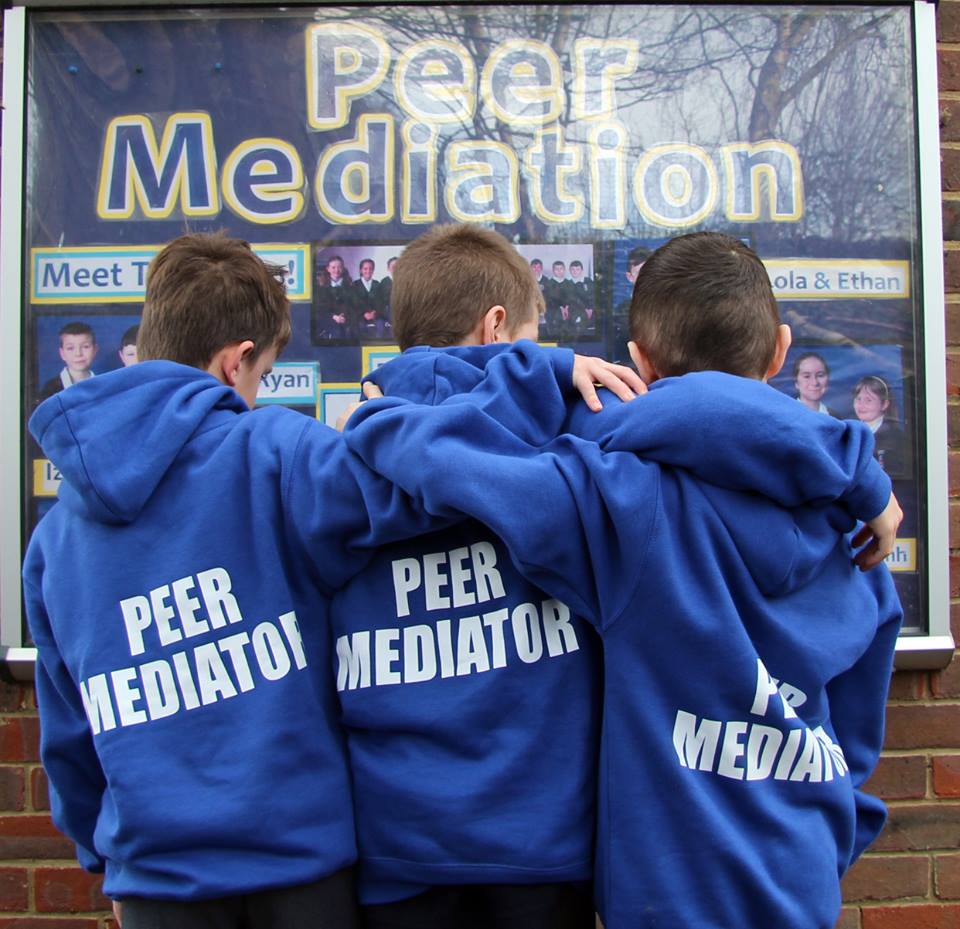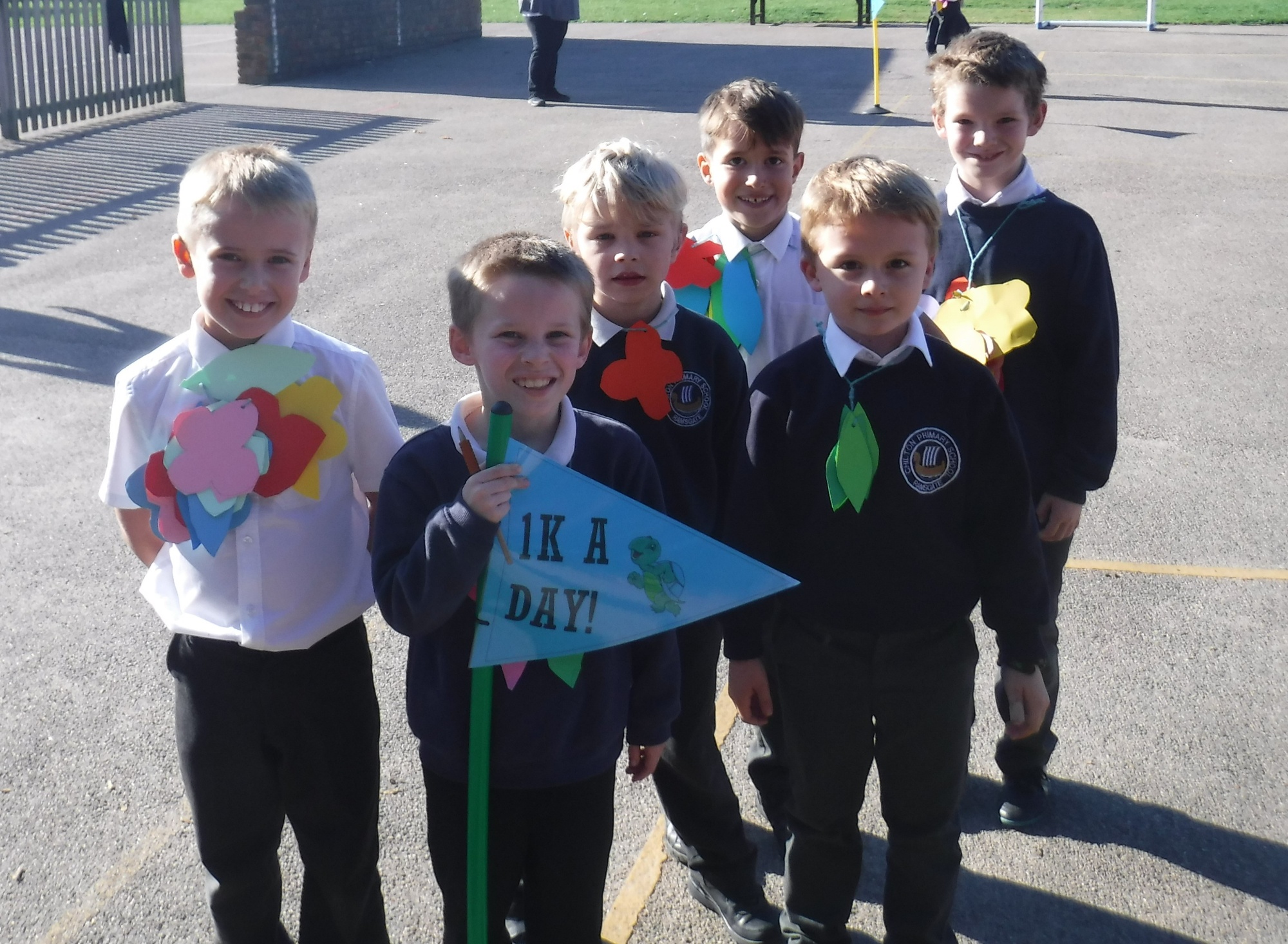Well-Being
"Chilton is a friendly environment that's accepting towards everyone. The community is always a nice, safe place." - Year 6 child
Teaching and learning on well-being is an important part of life at Chilton.
We learn about and promote resilience and well-being for all our pupils and staff. Well-being is a state of being comfortable, healthy and happy. We create an environment and a whole school approach to provide excellent mental health support, understanding and intervention.
We use a range of specific approaches to teach children about well-being. We believe that the conversation around mental health and well-being is important as that around physical health. Our teaching seeks to normalise awareness and openness regarding these issues. We do this through a range of learning and strategies, outlined below:
SMSC stands for Spiritual, Moral, Social and Cultural development in schools.
Chilton strives for the thoughtful and wide-ranging promotion of pupils’ spiritual, moral, social and cultural development.
Spiritual: Explore beliefs and experience; respect faiths, feelings and values; enjoy learning about oneself, others and the surrounding world; use imagination and creativity; reflect.
Moral: Recognise right and wrong; respect the law; understand consequences; investigate moral and ethical issues; offer reasoned views.
Social: Use a range of social skills; participate in the local community; appreciate diverse viewpoints; participate, volunteer and cooperate; resolve conflict; engage with the 'British values' of democracy, the rule of law, liberty, respect and tolerance.
Cultural: Appreciate cultural influences; appreciate the role of Britain's parliamentary system; participate in culture opportunities; understand, accept, respect and celebrate diversity.
“Diversity is the one true thing we all have in common. Celebrate it every day.”
A key element of our learning is understanding diversity and this goes hand in hand with our school value of 'Respect' and fundamental British Values. We actively seek to explore, exploit and celebrate what makes each and every one an individual. We believe that learning about each other in this way builds understanding and respect. It teaches us how to navigate and understand the world in which we live. It teaches us to build friendships and manage relationships. Diversity teaches us about people and culture, it broadens our horizons, builds aspiration and leads us down amazing paths of discovery.
We learn about Well-Being and SMSC in a number of ways:
Our Curriculum is KEY to this - please click on the curriculum tab for further information regarding Religious Education, Values learning, PSHE and Healthy Relationships learning.
Assemblies
Whilst our assemblies are broadly Christian, all religions are explored, compared and contrasted. We endeavour to discuss world events both past and present and we learn about important figures who have fought for equality with courage and the impact these individuals have had upon the world. We frequently revisit topics associated with well-being, safeguarding, relationships and online safety.
Well-Being approaches
At Chilton, we have been working on strategies to support children’s emotional well-being. School is a busy and bustling place and we have identified that our children need time and space to reflect, relax and think. Our well-being team is led by teachers and they have introduced a number of strategies to provide opportunities throughout the school day for children to calm and take stock of their feelings.
Zones of Regulation
Children and their teachers are invited to reflect upon their emotions at several points in the day. This helps us all to recognise how we are feeling and how to respond to those emotions. This in turn helps us all to self-regulate. We actively teach children strategies to manage their emotions through the 'Zones'.
The Red Zone is used to describe extremely heightened states of alertness and intense emotions. A person may be elated or experiencing anger, rage, devastation, or fear when in the Red Zone.
The Yellow Zone is also used to describe a heightened state of alertness and elevated emotions, however one has more control when they are in the Yellow Zone. A person may be experiencing stress, frustration, anxiety, excitement, silliness, the wiggles, or nervousness when in the Yellow Zone.
The Green Zone is used to describe a calm state of alertness. A person may be described as happy, focused, content, or ready to learn when in the Green Zone. This is the zone where optimal learning occurs.
The Blue Zone is used to describe low states of alertness and down feelings such as when one feels sad, tired, sick, or bored.
Worry Boxes
In every class and in the hall and at lunchtime, we provide the children with blue worry boxes. Children can leave notes for class teachers or me and we will follow up on these, no matter the worry. This gives an avenue of communication but also means that children feel that they are listened to. Worry boxes are also promoted in registration time as a way for children to get something off their chest first thing, rather than it staying with them all day.
Worry Button on the Website
If children are at home or they want to fill in a form with their worry, they can do that by using the 'Worry Button' on the website. Click Here to Access the Worry Button.
Journals
Journals are used in a number of ways. They can be feelings logs but they are also an opportunity for children to make a note of how they are feeling – this can be positive or negative! The journals are a great way for teachers to understand a child’s mood and to respond to that accordingly.
Peer Massage, children's Yoga and meditation
Children can come in from playtimes full of energy and bubbling with their activities. It can be tough for them to suddenly switch back in to learning mode and so we use peer massage or children’s yoga to start the afternoons. For peer massage, there are clear guidelines to instruct how it should be carried out and children can opt in or out. The yoga is very simple and both strategies give children very useful time to calm and ready themselves for the afternoon.
Sports Slam / 1k a day!
Children in Years 1 - 6 undertake a ten minute daily sports activity or challenge in addition to their time-tabled PE lessons. The focus of this is on the effort, teamwork and perseverance.This is not only to promote exercise as a normal part of daily life but also in support of the positive effects of regular exercise on mental health and well-being. The Change 4 Life campaign recommends that primary children should be active for 60 minutes per day and so with playtimes and with Sports Slam, we aim to contribute to those minutes!
Learning Reflection
At the end of the day, classes have been beginning to devote time to reflection about their day and learning. This helps children to process what has happened, to take away the positives from their day and communicate what could be better for the next day.
Peer Mediators and Playground Mentors
A group of Year 5 children are fully trained to assist children from Reception through to Year 6 with any playtime issues.






